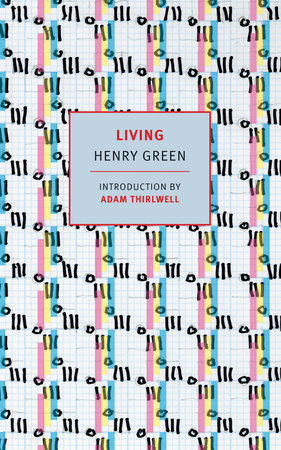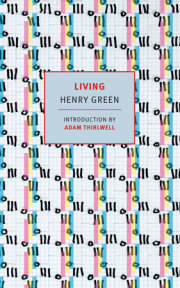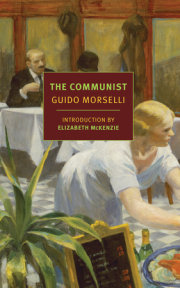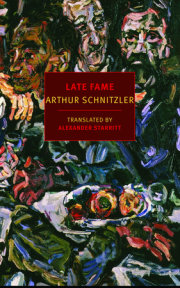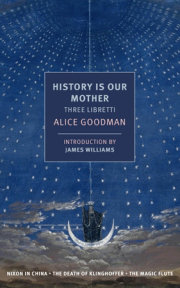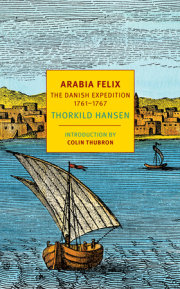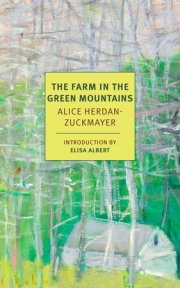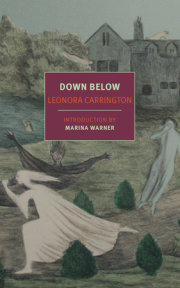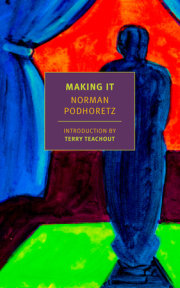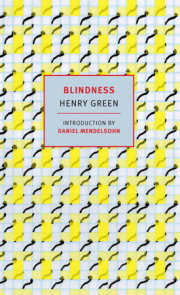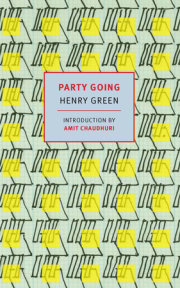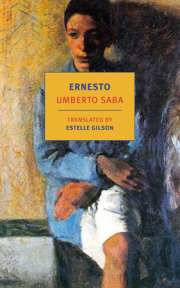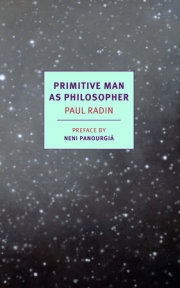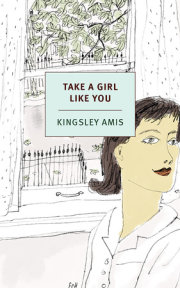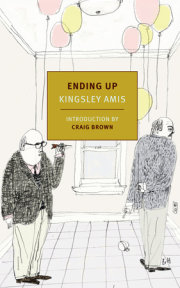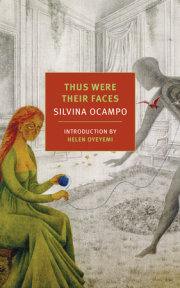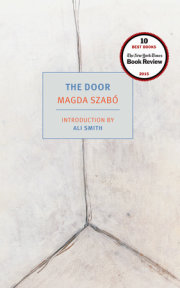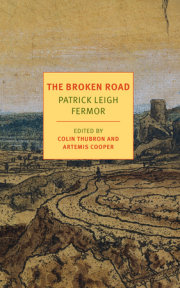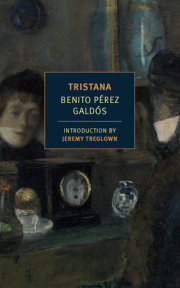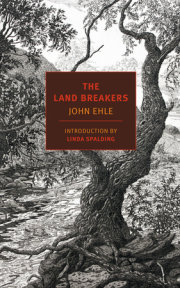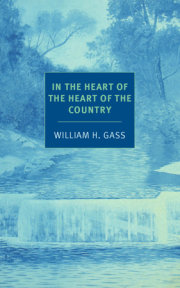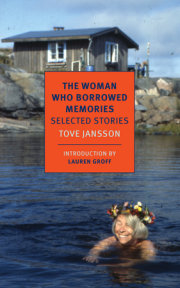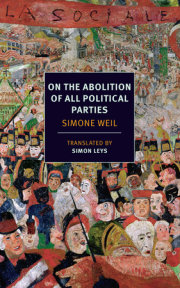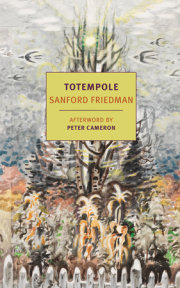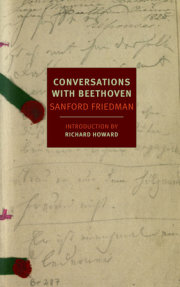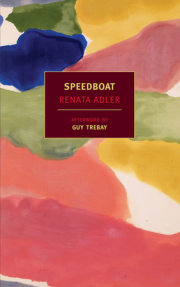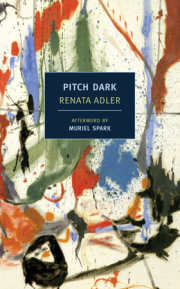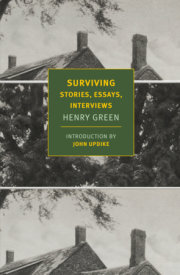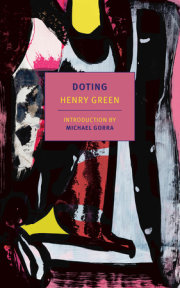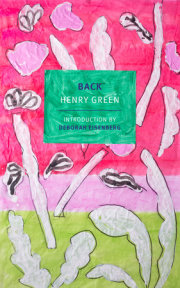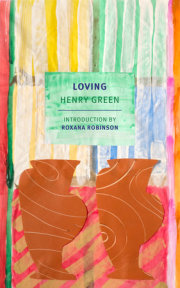"Living was published in 1929 when Green was only twenty-four. It is of his books the most redolent of ambition. Its canvas is wide, its cast large, its design intricate, its tone epic and celebrative...In this novel his mature style is invented and employed with a vengeance...His attempt is the customary avant-garde one, to ‘make it new,’ in Pound’s phrase, to redeem language from the unfelt smoothness of usage.” —John Updike
“Green’s emphasis on surface, on texture, represents a new moment in the history of the novel.”
—from the introduction by Adam Thirlwell
“Living is a book about how people really live: their hopes, but also their compromises and defeats.” —Jeremy Treglown
“The best novel of working-class factory life we have.” —Walter Allen
“Living introduced a whole school of proletarian literature, and yet remains apart from, and superior to, any of its followers.” —The Times Literary Supplement
“Living, without underplaying the grimness of their lives...celebrates the clashes between the workers and their manager.... Living often has a surprising force, giving the characters a simple, massive dignity. The density of the novel is formidable. It achieves an epic tone without epic proportions.” —Christopher Porterfield, Harper’s Magazine
“[Green] seemed to have redrawn the familiar triangle between reader, writer and character, so that you somehow had the impression that you knew his characters better than he himself did.... [CE1] The inner shape of the novel...imitates our experience of living: it promises pattern, then withholds it, insisting on a formless banality; it describes intensity, but as part of a grudgingly accepted monotony; it glimpses poetry, but only from the corner of its eye.” —Sebastian Falks, The Guardian
“The best proletarian novel ever written.” —Christopher Isherwood
“Green was a novelist of such rarity, such marvelous originality, intuition, sensuality, and finish, that every fragment of his work is precious.” —John Updike
“Living...dealt with workingmen, and it evokes the stark life of the workers with a strenuous, pared-down prose in which all definite articles are omitted.... Living contains some passages of extraordinary beauty.” —Brooke Allen, The Guardian
[CE1]edit for sense

